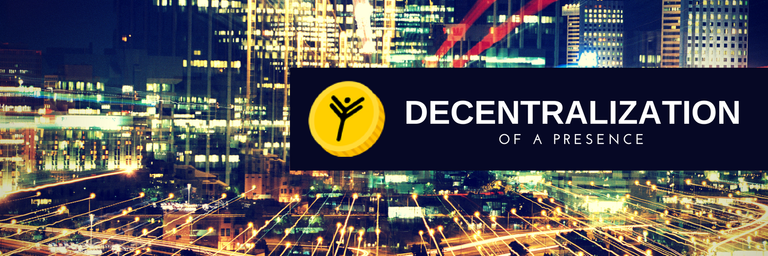
The trend of the new technological tide of our time — is decentralization. By its development, we owe essentially only three technologies that we actively use in our life: computer, internet and smartphone. Thanks to them, we are obliged to change the habitual way of life and business processes that have occurred over the past 20 years.
Perhaps, the widespread introduction of blockchain technology and 3D printing will be just as important in its impact. Blockchain will make it possible to get rid of the human factor in reconciling various registries, and the smart contracts sewn in it can make business relations between people more honest, getting rid of unnecessary legal red tape. 3D printing, in turn, will move production closer to the consumer. With the improvement and development of 3D printing, there will no longer be any need for huge hyper-specialized enterprises producing, for example, suckers for a navigator in your car or ballpoint pens for the whole world.
The technological transition will most likely to take place not within the borders of countries, but within individual social groups. When a working tool is a laptop connected to the Internet, the need for physical presence at work is atavism, just as in the 1930s the director of the plant was located directly above the factory shops. The institute of wageworkers with long-term employment contracts, division into departments, the schedule of the working day, vacation, sick leave, corporate culture will cease to exist. Classical education will be replaced by competencies, the decentralized contract exchange will replace the hierarchical management, just like the Uber service operates: you become a taxi driver from the moment you installed the application, you decide when to work by clicking the “go to line” button. There is not a single argument justifying today the lease of huge areas in business centers for building a centralized organization: the employer has to spend money on social package, and employees are tied to the daily routine and spend up to two hours of life on the road from home to office every day.
.png)
When all that can be automated will be automated — what will people, who did not manage to reorganize, do? This is a rather complicated question, but in the future it can be solved by introducing an unconditional basic income, for living in a certain country. For states after the loosening of the monopoly on the issue of money due to the emergence of the crypto-currency, it is necessary to significantly change the customary tax system in order to retain citizens who are no longer geographically bound for work.
There will also be a shift towards decentralization and a weakening of the monopoly of such media giants as GOOGLE and FACEBOOK in the field of advertising technology. For example, the IZETEX platform https://izx.io/ can provide an opportunity for anyone to become an advertiser, by posting messages in augmented reality through virtual tokens. For example, it looks like this: you come to the car service, run the application and see advertising through your mobile phone camera about selling equipment, car wash services or a discount on cappuccino.
Decentralization of labor relations will not be painless, but over time it will lead to positive changes: it will allow you to determine what you really get, finding your professional niche, devote more time to family and friends, or social networks and hobbies.